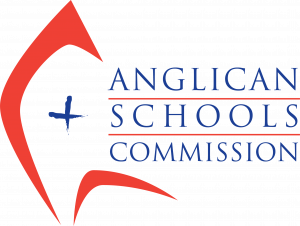Our School Curriculum
Western Australian Anglican Schools Commission schools meet all requirements of the Western Australian Curriculum Council and offer a comprehensive range of subjects to students in accordance with the WA Curriculum Framework. The curriculum follows a developmental sequence from Kindergarten through to Year 10. At Years 11 and 12, students are able to undertake a comprehensive range of Tertiary Entrance subjects. They are also able to undertake vocational courses and school-based apprenticeships.
Cathedral College Wangaratta and Cobram Anglican Grammar School follow the curriculum set by the Victorian Curriculum & Assessment Authority.
The curriculum at Trinity Anglican College is based around the learning areas and stages set by the New South Wales Board of Studies.
Schools aim to create an imaginative, purposeful and enjoyable learning environment. Courses focus on a student’s individual needs and ability. Talented students are encouraged and supported. They are given opportunities to develop in areas of special interest. Students requiring extra support and care are nurtured accordingly. Comprehensive and relevant curricula equip students with knowledge, skills, values and strategies which accompany them throughout their lives.
Religious Studies is an academic subject in ASC schools and is taught at all year levels. Students are provided with an engaging and intellectually rigorous program where they feel confident to think, question, challenge, investigate and reflect as they undertake their personal journeys, searching for spiritual meaning and truth.
Pastoral Care and Worship
Communities that care for each other and treat people with dignity and respect are a hallmark of Anglican schools. ASC schools develop a strong pastoral care program, with opportunities for individual support and guidance.
The responsibility for pastoral care lies with every member of staff. A pastoral care teacher or tutor seeks to ensure that each young person in their care is known, experiencing a sense of belonging and acceptance.
House systems form the basis of sporting and cultural competition, as well as pastoral care and administration in secondary schools. All students are allocated to a House, and members of the one family are usually placed in the same House.
Christian living and Chaplaincy are integral to the life of Anglican schools. Regular opportunities for worship enable students, staff and families to gather as a community to celebrate life in all its fullness. Christian Religious Studies and Chapel Services form part of each school’s core curriculum for all students.
